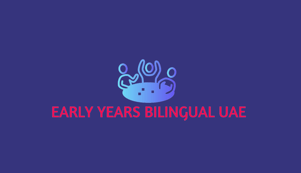Why the Gulf Is Unique in Language Learning?
The Gulf nations are unlike any other region in the world when it comes to language acquisition and use. Learn more about the key factors that make the Gulf’s linguistic ecosystem exceptional:
Arabic: The Core of Identity
Arabic, the official and predominant language of the Gulf, is the foundation of cultural and national identity.
It serves as the primary means of communication in homes, religious practices, and cultural expressions.
However, the Gulf’s commitment to preserving Arabic is balanced with a forward-looking approach to global integration.


English: lingua franca and fast becoming the second language
English has become a vital tool for global connectivity and economic progress. Private schools in the UAE and across the Gulf teach English as a medium of instruction from as early as kindergarten. By embracing English, Gulf nations empower their citizens to excel on the world stage while ensuring a bilingual future.
The increased use of English in public and increasingly in private domains of the home and noninstitutional contexts has raised alarms among educators, researchers, heritage and cultural experts and parents.


Multilingual Homes
The diversity of languages spoken within Gulf households reflects the region’s multiculturalism.
In addition to Arabic and English, many families use languages such as Urdu, Hindi, Tamil, French, Spanish, Swahili, Russian, German, Italian and so on, in addition to lesser-used languages indigenous to the Gulf such as Shehhi. Domestic helpers further enrich this linguistic tapestry by introducing children to their native languages during the day-to-day interactions.


Empowering parents and educators in language learning.
Contact us:
More benefits
© 2024. All rights reserved.


